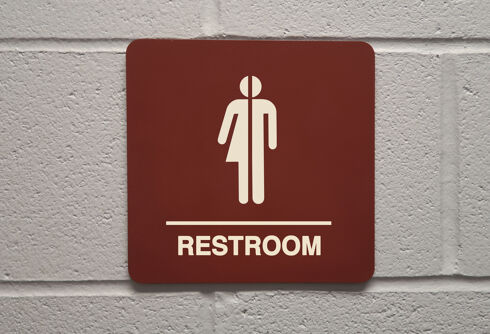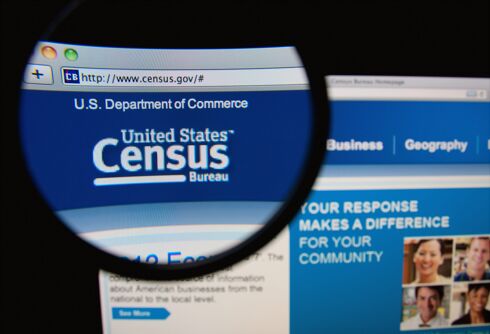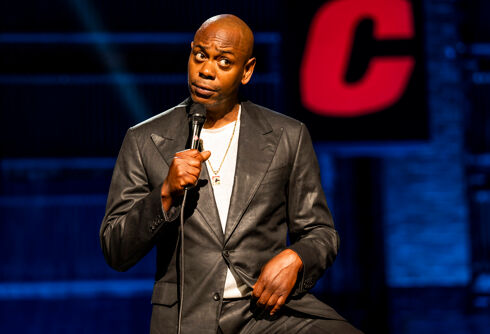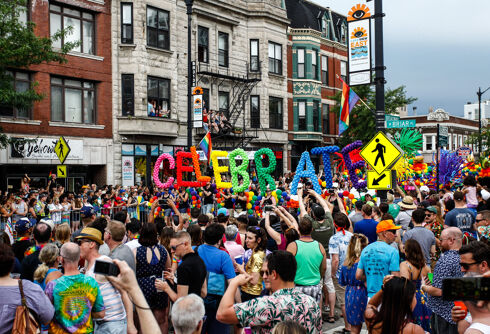WASHINGTON — Noted conservative U.S. Supreme Court Justice Antonin Scalia told an audience at the Washington D.C.-based American Enterprise Institute that “it’s ‘easy’ to render a verdict” on same-sex marriage “when you apply the words in the Constitution as they were intended by its framers.”
Scalia told the audience of several hundred at a recent signing for his new book, “Reading Law: The Interpretation of Legal Texts.” that he considers himself a a “textualist” — which he explained means that he applies the words in the Constitution as they were understood by the people who wrote and adopted them.

“The death penalty? Give me a break. It’s easy,” Scalia said. “Abortion? Absolutely easy. Nobody ever thought the Constitution prevented restrictions on abortion. Homosexual sodomy? Come on. For 200 years, it was criminal in every state.”
During a lengthy question and answer session, Scalia contrasted his style of interpretation with that of a colleague who tries to be true to the values of the Constitution as he applies them to a changing world.
Never Miss a Beat
Subscribe to our newsletter to stay ahead of the latest LGBTQ+ political news and insights.
Scalia told the audience that the people should turn to their elected lawmakers, not judges, to advocate for abortion rights or an end to the death penalty. Or they should try to change the Constitution, although he noted that the Constitution makes changing it too hard by requiring 38 states to ratify an amendment for it to take effect.
“It is very difficult to adopt a constitutional amendment,” Scalia said. He once calculated that less than 2 percent of the U.S. population, residing in the 13 least populous states, could stop an amendment, he said.
Scalia also emphatically denied that there’s any dissension among the court’s conservative justices in light of Chief Justice John Roberts’ vote to uphold the president’s health care law. (Scalia dissented from Roberts’ opinion.)
“Look it, do not believe anything you read about the internal workings of the Supreme Court,” he said.
“It is either a lie because the press knows we won’t respond — they can say whatever they like and we won’t respond — or else it’s based on information from someone who has violated his oath of confidentiality, that is to say, a non-reliable source. So one way or another it is not worthy of belief.”
“We can disagree with one another on the law without taking it personally,” he said.
On the issue of same-sex marriage equality, the Court is now expected to discuss the topic after the presidential election, which would mean arguments would not take place until the spring.
Las month, Justice Ruth Bader Ginsburg, one of the Court’s recognized progressives, told an audience at the University of Colorado in Boulder, “I think it’s most likely that we will have that issue before the court toward the end of the current term.”
The Court has several pending appeals they could choose to hear that deal in one way or another with same-sex marriage.
One set of cases looks at whether same-sex couples who are legally married can be deprived of a range of federal benefits that are available to heterosexual couples. Another case deals with California’s constitutional amendment banning gay marriage and federal court rulings striking down the amendment.
An Arizona case deals with a state law that revoked domestic partner benefits, making them available only to married couples — Arizona’s constitution bans same-sex marriage.













